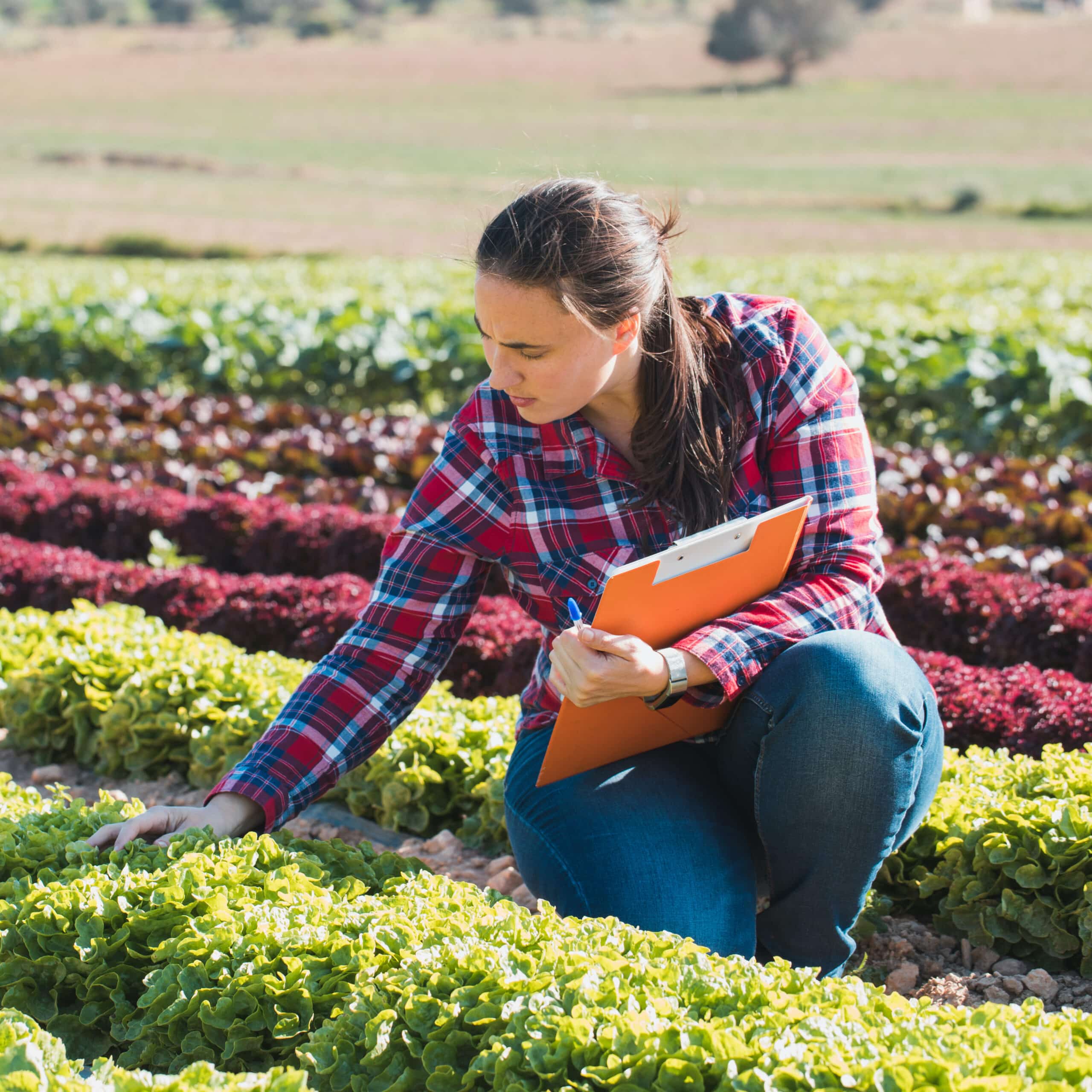“As goes the fate of women, so goes the fate of the world”
Mars, Danone, McDonalds… all household names. And yet, we’ve had no idea how sustainable or environmentally friendly they truly are. For many years the food industry has been held unaccountable for its environmental impact, or at least far less accountable than its counterparts in oil, gas and transportation.
No longer. The 3 major corporations I just mentioned all boast exceptionally demonstrative Directors of Sustainability. What’s more? They are all female!
So what does 2021 bring the changing landscape of the food and beverage industries? The founder and Chair of the UK’s Meat Business Women, Ms. Laura Ryan, has highlighted that “diversity and gender balance should be at the heart of any sustainable and profitable business.”
Ryan, like many other industry leaders, cites equality as a pivotal influencer in the development of a more sustainable future. The UN itself has made gender equality the fifth agenda under their Sustainable Development Goals, explaining that “women often have a strong body of knowledge and expertise that can be used in climate change mitigation, disaster reduction, and adaptation strategies. Furthermore, women’s responsibilities in households and communities, as stewards of natural and household resources, positions them well to contribute to livelihood strategies adapted to changing environmental realities.”
Companies such as Hain Celestial are already leading the way, supporting farms, independent growers and food production plants in sustainable ways across the globe. One of the best examples is a Diana Food banana production site in Pasaje, Ecuador. Diana Food applies high standard sustainable farming methods (organic, community well-being, environmental footprint) in close collaboration with their producers: “Quality, food safety, and transparency are all part of our production process, from farm to fork.” If one of the biggest banana producers in the world can support a sustainable future for its workers and it’s wider environment, surely more can follow suit.
In fact, some have! An editor’s favorite is Copper Cow Coffee. Brainchild of Vietnamese-American, Debbie Wei Mullin, based in LA – Copper Cow Coffee is waving the flag for both female-run and sustainable businesses.
“Sustainability is extremely important to Copper Cow Coffee and what sets us apart from many other consumer coffee brands out there. We exclusively source from socially responsible, sustainable, organic farms in Vietnam and pay above the market rate to ensure that these farming communities can thrive and grow. We also use 100% biodegradable filters and recyclable packaging to drastically reduce our environmental impact.”
As one of the 2% of female-owned companies, globally, Copper Cow Coffee is the prodigy of combining female food industry mavericks, with sustainable and future conscious agendas.
Fortunate enough to be exposed to all facets and nuances of this industry – we’ve seen a plethora of highly-qualified and exceptionally effective women take the sustainability baton and wield it with pride… now, we want you to know about them too! Get ready to be fired up, inspired and sending off LinkedIn connection requests left, right and center….
Paloma Lopez – Global Strategy Lead, Kellogg’s Masterbrand at Kellogg Company @palomalpez
Paloma is an incredible leader using innovation, brands, and people power to drive sustainable growth. With an expertise in the food industry, she works to create value for people along the supply chain and for the natural places that are touched along the way.
Jessica Sansom – Former Head of Sustainability for Innocent Drinks
Jessica is a leader in building sustainability strategies for the food and beverage industries and balances looking at packaging, water management, carbon management, workers’ rights and sustainable agriculture, just to name a few.
Elaine Strunk – Director of Global Sustainability for McDonald’s @ElaineStrunk
Elaine is driving change at scale through McDonald’s global network. Elaine’s expertise is at the intersection of technology, business and design to create positive change in the food industry.
Kate Wylie – Global Vice-President of Sustainability for Mars
Kate leads Mars Inc sustainable sourcing framework, socioeconomic impact strategy, work with the €120 million investment fund, Livelihoods Fund for Family Farming, and sits on Mars’ Sustainability Strategy and Policymaking Group.
Helen Browning OBE – organic farmer and chief executive, Soil Association (UK)
Helen was championing organic long before it went mainstream, ever since taking over her family’s farm in her twenties. Three decades on and she hasn’t looked back. Helen continues to run Eastbrook, a 1,500 acre mixed-holding organic farm, and is passionate about providing her animals with the best life possible. Alongside her role as a farmer she is also Chief Executive of the Soil Association, the UK’s leading food and farming charity. Helen has also put her name to two local ventures just around the corner from her farm in Swindon – the Chop House and the Royal Oak, both of which serve down-to-earth organic food sourced straight from the farm.
Kalpna Woolf – business leader and award-winning food writer
A former Head of Production for the BBC, Kalpna has founded her own media company, sat on the boards of charities and business partnerships and launched a program to help organizations promote diversity at the highest levels. But alongside her business credentials, Kalpna has a passion for food and has been driven to share this passion with others. She has been at the helm of food festivals, judged food awards, and is the founder of 91 Ways to Build a Global City, a Bristol-based initiative bringing the city’s 91 language communities together by using food to tell the stories of their traditions and culture. Kalpna is also the author of Spice Yourself Slim, a best-selling book on food and health that draws on her childhood of healthy, flavourful Asian cooking.
“You cannot get through a single day without having an impact on the world around you. What you do makes a difference, and you have to decide what kind of difference you want to make.” – Jane Goodall
Globally, women are the core food purchasers. As ‘stewards of natural household resources’, women must be part of creating sustainable solutions in the supply chain. Over 70% of food buying decisions are made by women – making us vital change influencers in the ways in which we grow, manufacture and sell our consumable products. The women listed above are just a handful of those who are igniting the flame for our sustainable food future.
Do you know some more? We’d love to hear about the women YOU admire in the food and beverage industry, when it comes to creating a bold & bright future. Send us a note at contact@femalesinfood.community



